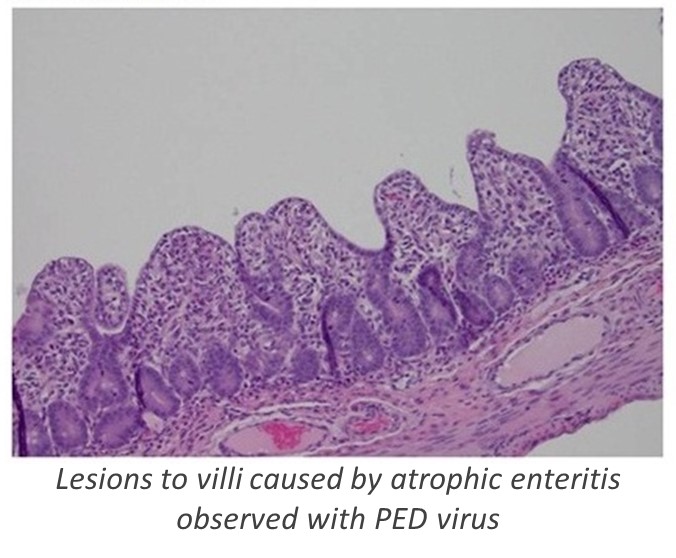



PED cases subsiding in Manitoba
The Office of Manitoba's Chief Veterinary Officer has reported that cases of PED are under control - Manitoba could be rid of the disease in the near future.Since April 2017, 80 sites in southeastern Manitoba have been infected by Porcine Epidemic Diarrhoea (PED), but the epidemic is subsiding as new cases of the disease haven’t been registered since October 24.
Animal Health Veterinarian, Dr Glen Duizer, assured Manitoba locals:
We are well down the road of getting the disease out of our area. At this point we have 24 presumptive negative farms and we would have 24 transitional farms.
So, of the 80, 48 of them have been confirmed to have reached a stage where the disease is being cleaned up and, of those 48, 24 of them have reached a point where all animals, all staff areas, all contact areas, pretty much everything outside of the manure handling and the manure storage is considered negative for PED.
We have a pretty good expectation over the next four to five weeks we'll have a significant number that will move on through transition to presumptive negative so we expect that to continue to move in the right direction.
About Porcine Epidemic Diarrhoea
Acute outbreaks of diarrhoea occur when the virus is first introduced into a susceptible population. In such cases up to 100% of sows may be affected, showing a mild to very watery diarrhoea. Two clinical pictures are recognised: PED Type I only affects growing pigs, whereas PED Type II affects all ages including unweaned pigs and mature sows. The incubation period is approximately 2 days and diarrhoea lasts for 7 to 14 days. In unweaned pigs, the disease can be mild or severe with mortalities up to 40%.

For more information about PED and prevention, click here
Source: Manitoba Agriculture
Image: Minireina









